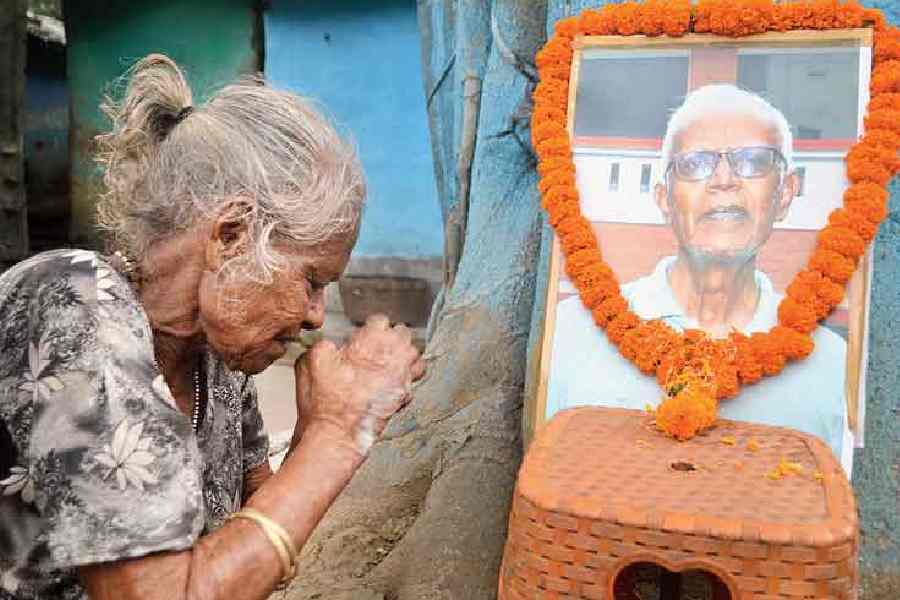Caste hatred and “State terrorism” came under the spotlight at the release of Ajaz Ashraf’s book, Bhima Koregaon: Challenging Caste, with speakers also questioning the judiciary’s role in the context of the long incarceration without trial of the Elgaar Parishad accused.
Senior advocate Colin Gonsalves said the case had witnessed “the second biggest betrayal by the judiciary” following its “supine” role during the Emergency.
Sixteen writers, academics, lawyers and activists were arrested in an investigation into the alleged Maoist links to an Ambedkarite event called Elgaar Parishad in Pune, Maharashtra, on December 31, 2017, that was followed by caste clashes the next day near Koregaon Bhima village that claimed a life.
Telugu litterateur Varavara Rao, lawyers Sudha Bharadwaj and Arun Ferreira, academics Anand Teltumbde, Vernon Gonsalves and Shoma Sen, and activist Gautam Navlakha are out on bail.
Stan Swamy, an 84-year-old Jesuit activist and Parkinson’s patient from Jharkhand, died of post-Covid complications while in judicial custody in Mumbai in 2021.
“The judiciary betrayed us during the Emergency, how supine they became in front of a powerful executive. But, the story of Bhima Koregaon is actually the story of the second biggest betrayal by the judiciary, this time of our modern-day freedom fighters,” Gonsalves said at the event on Thursday evening.
He also recounted the arrest of former Delhi University professor G.N. Saibaba for terrorism in 2014. He was acquitted this year.
Gonsalves added: “The mood in the Supreme Court is changing…. We had a very retrograde Supreme Court for a long time. I think some of the judges realise, and you can read it in the papers, that we have done injustice to a large number of India’s leading lawyers and activists.”
He said the courts should have ordered an FIR against the Elgaar Parishad case investigating officer on the basis of independent technical reports that indicated that evidence had been planted on electronic devices of the accused.
Gonsalves said: “The judge didn’t have the guts. We lawyers also didn’t have the courage to speak up against judges.”
Referring to testimonies he recently heard from the families of people labelled Maoists and killed in Chhattisgarh, he added: “The greatest terrorism is State terrorism.”
RJD parliamentarian Manoj Jha compared historian Raul Hilberg’s inability to initially find a publisher for his book, The Destruction of the European Jews, in 1961 to Ashraf publishing his work through individual publisher Paranjoy Guha Thakurta.
“Times have changed, things have not changed much,” Jha said.











